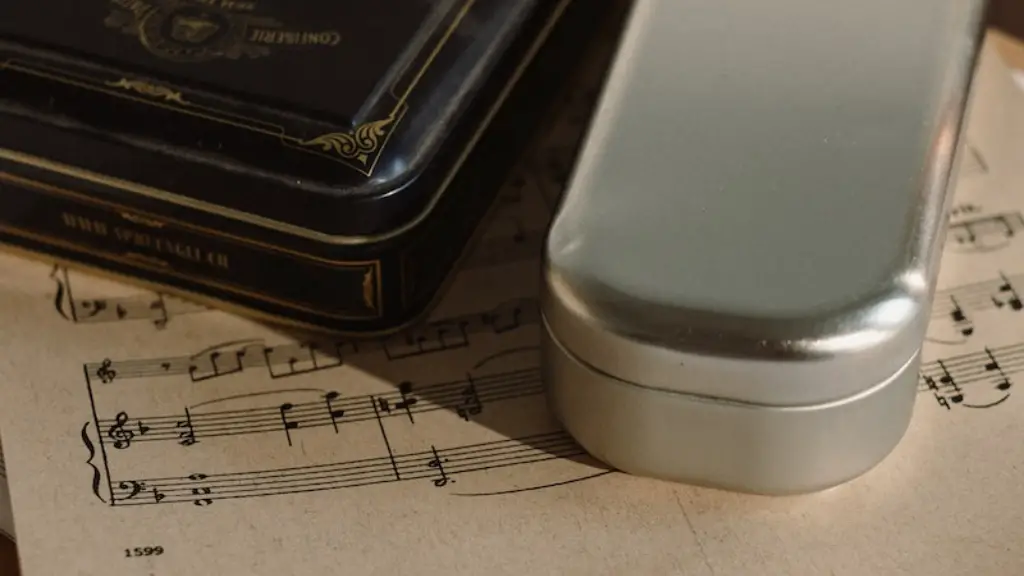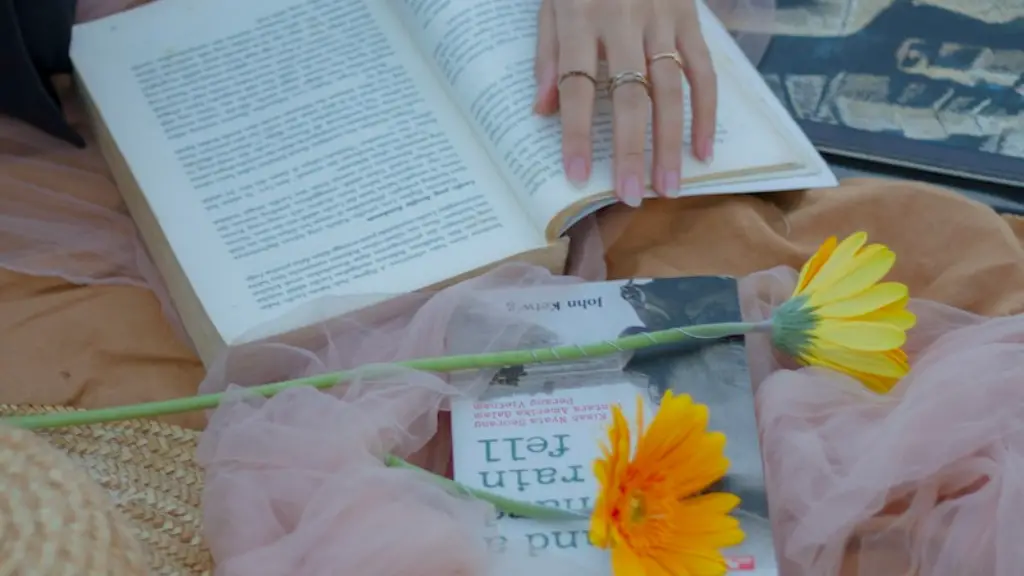Understand the Poem
When paraphrasing a poem, the first step to take is to become familiar with the poem and its structure. Understanding its content is essential, as it allows you to rephrase the poem in your own words. Focus on key elements of the poem and make a list of these. This can be words, phrases, concepts and images.
Read and reread the poem. Take notes on how the poem is structured. Is the poem written in a particular kind of meter? Is its language structured in a specific way? Be aware of its nuances; look for puns and wordplay, metaphors and figurative language, symbolism and irony.
Think about the poem’s theme and its tone. What message is the poet trying to convey? What emotions is the poem trying to evoke? To properly paraphrase a poem, it’s crucial to know these things on an intimate level.
Brainstorm Ideas
Once you have a good understanding of the poem, the next step of paraphrasing is to come up with ideas. Often the best way to do this is to brainstorm. By taking some time to brainstorm, you can begin to think of different ways to express what the poem is saying.
On a piece of paper, jot down some of the key words and concepts from the poem. Deconstruct the poem’s structure and put it back together in your own words. Resist the urge to copy the meaning directly; think about what could be written that conveys the same general meaning.
Brainstorm possible word choices that could effectively rephrase the poem in other ways. Then, group these words and ideas together. As your brainstorming session progresses, you should get closer to coming up with a rephrased version of the poem.
Write Your Paraphrase
Now that you have some ideas down on paper, it’s time to get to work on actually writing your paraphrase. Like any piece of writing, break it up into manageable chunks. Take the poem, one line at a time, and begin to draft the paraphrased version.
Keep the poem’s structure and meaning in mind as you go. As you write, try to explain the content more in-depth. The poem isn’t likely to be long in length, so you’ll want to provide as much detail as possible. Additionally, stay as close to the author’s original meaning as possible.
As your draft nears completion, work to ensure it reads smoothly and is easy to understand. You may want to undertake a few drafts before you find what works for you. By doing so, the rephrased poem will read similarly to the original, and still accurately capture the essence of what it was conveying.
Check & Edit Your Paraphrase
Once you’re satisfied with your draft, it’s time to check and edit. Being a poet’s work, the poem is probably quite concise. This can make it very difficult to re-phrase without using some of the same words. Thus, a plagiarism check is the best way to ensure that your work is unique and different.
Also, it’s a good idea to have someone else read over your paraphrase. Doing so will help to ensure it mirrors the original meaning while still being completely original and different. Furthermore, if a new reader isn’t familiar with the original poem, having them read over the paraphrase can gauge how well it stands on its own.
Compare and Contrast the Paraphrase to the Original
It’s also helpful to compare the poem and its paraphrase side by side. This enables you to identify key phrases and strive to keep the original emotion and message. You can also take this opportunity to make any necessary edits or changes that may still need to be done.
Seeing the two versions of the poem written out together can help ensure that the paraphrase remains true to the original. Take note of the similarities and differences. If something seems off, make the appropriate changes so that the essence of the poem is not lost.
Understand How Paraphrasing Differs from Quoting
When paraphrasing, it is important to recognize the difference between paraphrasing and quoting. Quoting is simply recalling the original words, while paraphrasing is the act of restating the essential ideas using your own words. While quoting can be helpful in certain instances, it is not the same as paraphrasing.
Quoting does not add to the conversation and does not show understanding of the poem. Quoting phrases from the poem within your own words can come off as trying to pass off the poet’s original words as your own. Thus, it is best to avoid quoting in a paraphrased poem.
Understand the Legalities of Paraphrasing
It is also essential to understand the legal implications of paraphrasing a poem. Paraphrasing can present legal issues if it’s too close to the original. In some cases, proper citation may be needed due to cases of plagiarism.
To maintain legality, make sure the new version of the poem is clearly credited to the poet and has clear distinctions from the original. Additionally, try to make sure you’re not infringing on the poet’s copyright. With plagiarism out of the way, you can rest assured knowing the paraphrase is both legal and respectful.
Know When to Stop
Once you’ve gone through all of these steps, you’re almost done. The last step is knowing when to stop. If you overthink your paraphrase and try to change too much, the meaning can begin to drift away from the original. If this happens, it will no longer accurately represent the original poem.
If you find yourself doing too much, it’s best to take a step back and assess the changes. It might be best to return to previous drafts and make slight changes. Remember, you’re trying to capture the essence of the poem without changing its core message.
Set Apart Your Paraphrase from Original
Of course, your final paraphrase needs to be distinct from the original. Through creativity, you want to try to express the same meaning differently. This can be done through word choice or through revising the structure of the poem. Both elements should be changed so that it’s clear that the poem is being paraphrased.
Above all, the poem should evoke the same feelings in the reader as the original. By understanding the poem and making sure it reads differently, you can succeed in effectively paraphrasing a poem.





